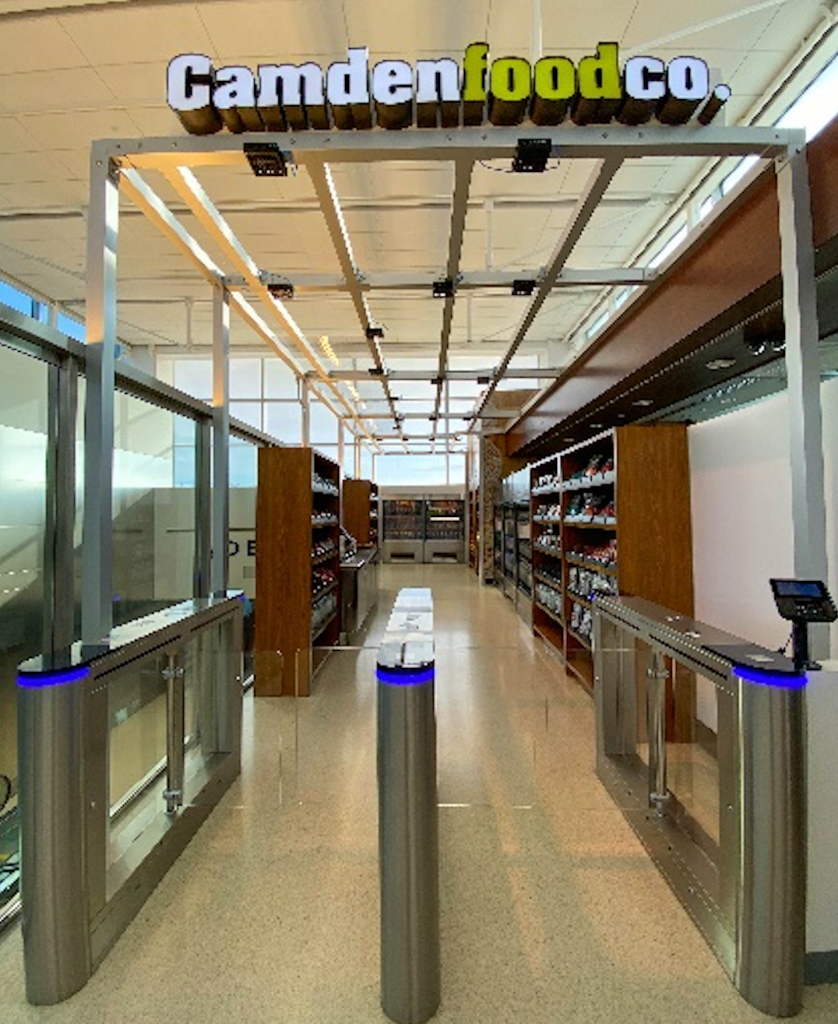Last year, the meme-based cryptocurrency dogecoin got its first public earnings callout from the company that owns meat stick brand Slim Jim. Conagra Brands CEO Sean Connolly pointed to the social engagement from active dogecoin and Shiba Inu meme coin communities as big factors in Slim Jim’s win in the Adweek March Madness-style brand competition.
And now, it seems the company’s interest in Web3 technology goes beyond the gimmicky marketing campaign. Coindesk reported yesterday that Slim Jim had recently filed for trademarks under “Slim Jim,” “Meataverse,” and “Long Boi Gang” that announce plans for a virtual marketplace comprised of NFTs, virtual food products and virtual goods.
The filings also discuss “providing a metaverse for people to browse, accumulate, buy and sell virtual food products” and seem to indicate that the meat snack food brand will try and take a leading role in leveraging virtual environments to extend its reach and engage the next generation of consumers in immersive experiences.
Slim Jim joins other food brands like Nestle and McDonalds with forays into combining food and Web3 technology as consumer interest in crypto and NFTs continues to rise.
To understand what the food metaverse might look like and why food brands across industries including restaurant, grocery, and CPG are planting their flags in Web3, join The Spoon community on May 4 for Simulate Spring Summit: Food Metaverse + Web3 virtual event. Early bird tickets start at $75 – register here.






















